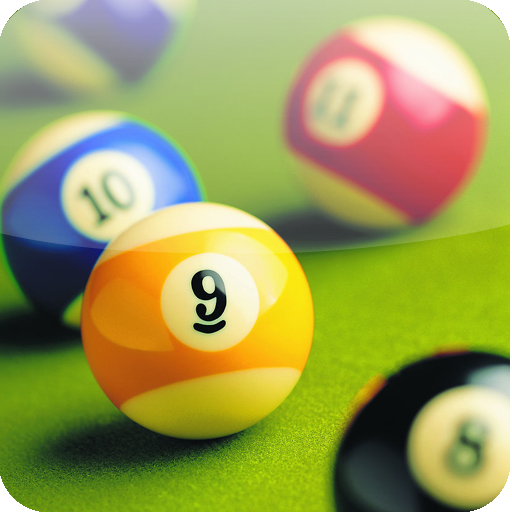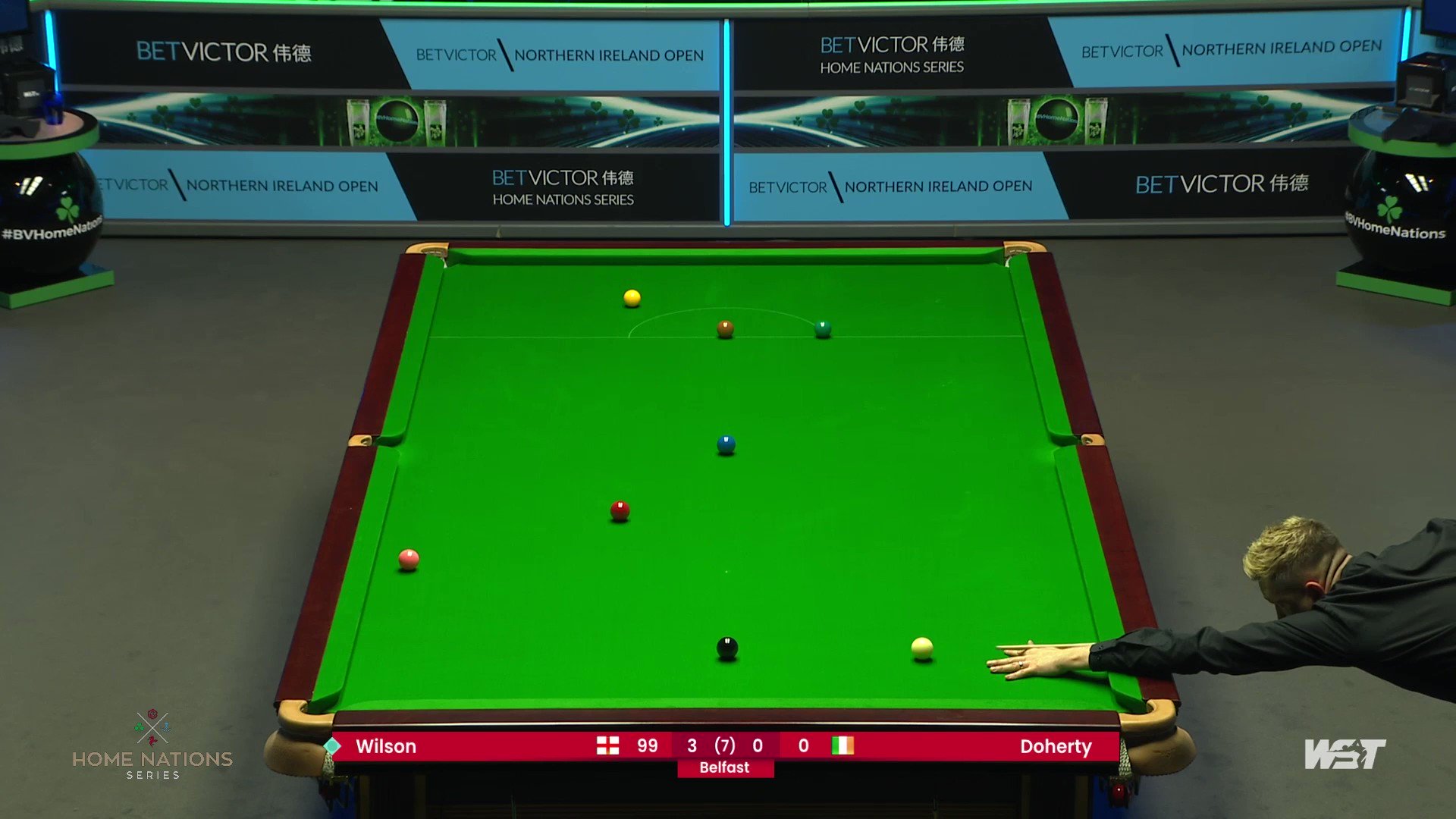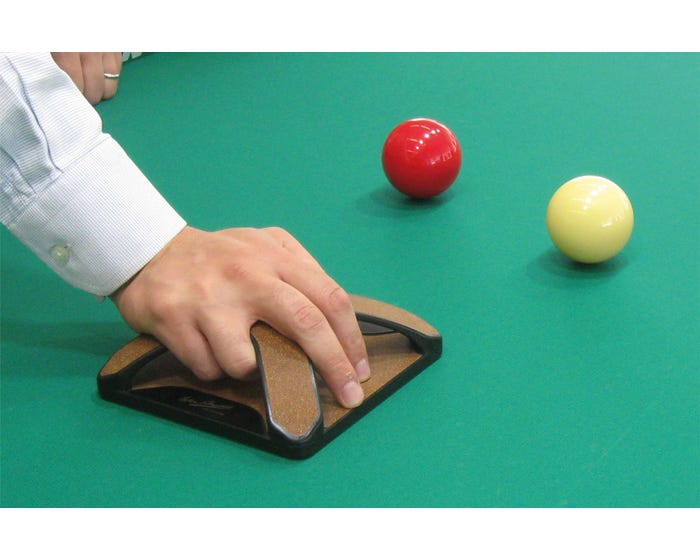
Without understanding the basics of pool, you can't be a great player. These fundamentals include good stance, proper use of the pool cue and knowledge of the rules. It can be tempting just to jump into a competitive game. But it is best that you first learn your skills. It will be much easier to master advanced billiard techniques once you've mastered the basics.
You can improve your shots by hiring a good billiards instructor. They will help you improve your skills and point out any problems. They can even show you the fastest way for you to line up a shot.
It is important to correctly position your body and hands to align a shot. To illustrate, a right-handed person would position his right leg two feet in front of the table. Then, at a 45-degree angle, turn it slightly to the left. If you are a left-handed player, your left foot would be positioned a few feet behind the table. It would also be slightly turned to the right at a similar angle.

A crucial part of setting up a shot is seeing the cueball in action. Many players use a technique known as a ghost ball to get a better look at the ball. A bridge can be used to align the shot.
This trick is particularly helpful when setting up a bank shot. The object of a bank shot, as the name suggests, is to hit your object ball so that it bounces off the rail onto the cue ball. You must ensure that your cue is at the right distance from the object balls and that the ball is at the right distance from the cue in order to do this effectively.
It is important to remain stable throughout the shoot. This will enable you to see how the balls move after the shot. When you do this, you'll be able to make adjustments to the shot.
One of the most common mistakes in a new player's game is to stand up too soon on a shot. It can mess with the follow-through part of the shot and change the contact point of the cue ball. It will make it easier to execute your next shot by keeping your stance straight.

It's important to ensure that everyone is playing on an equal playing field. For example, if you're playing against someone who can only get shots on the head string, chances are you'll be able snag some balls.
It is also a good idea to practice the same shots repeatedly. This will help you decide the best length cue and the most efficient line-up. Don't be tempted to practice on tilted tables as it can lead to overcorrection.
It is important to practice regularly to master billiards. This may seem obvious to you but can be overlooked for newer players. Practicing will not only help you develop the skills needed to be a competent pool player, it will also give you some bonding time with your friends and family.